This article is available in another language.
Around the world, governments are limiting travel, canceling public events, and closing schools, hoping to slow the spread of COVID-19, the new coronavirus. Though extreme steps like these may seem scary, the goal is to keep people safe.
COVID-19 is a serious disease, but for most people, the effects may not be a lot worse than a common cold. Still, like the flu and other illnesses, COVID-19 can cause serious illness, and even death. That may be especially true for older people or people who are already sick.
What makes COVID-19 a special challenge is the fact that it’s so new. Doctors and scientists are still learning about it, and don’t yet have tools to fight it.
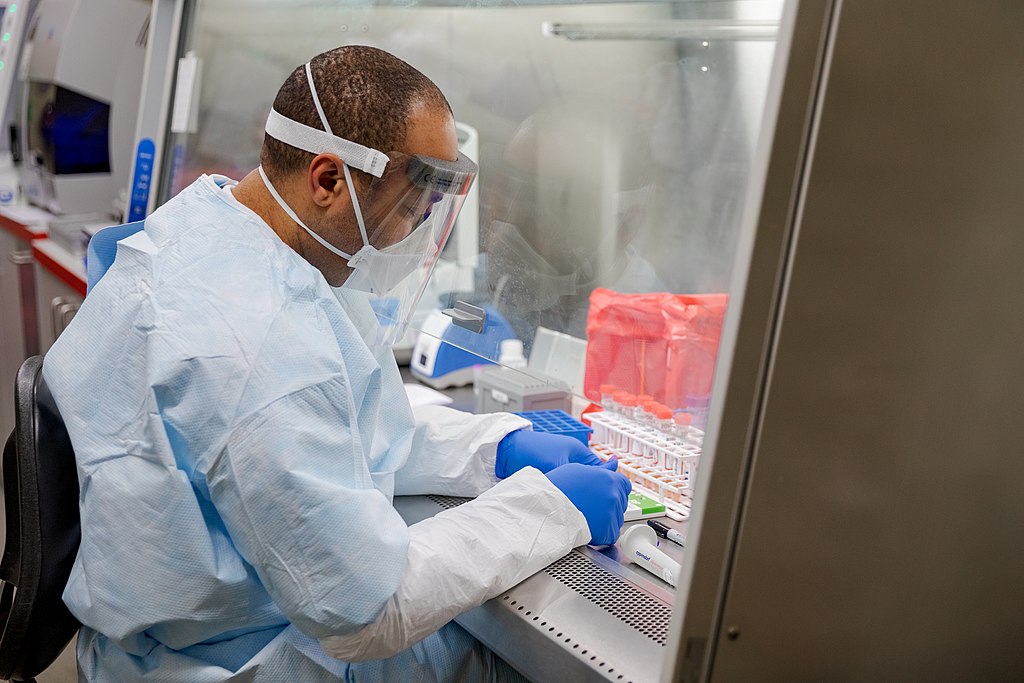
(Source: Natalie Kolb/governortomwolf [CC BY], via Wikimedia Commons.)
Since the virus is new to human bodies, no one is immune. That means it can pass easily from one person to another and there’s not much to stop it from spreading quickly.
So governments and health experts around the world are trying to create ways of slowing down the spread of the virus. One of the best ways to do that is to create gaps between people so that the virus doesn’t have so many places to go.
This is basically what China’s government did to slow the rate of infection. By locking down the cities that were most affected by the virus, and limiting travel in other parts of the country, China was able to create gaps that slowed the spread of the disease.
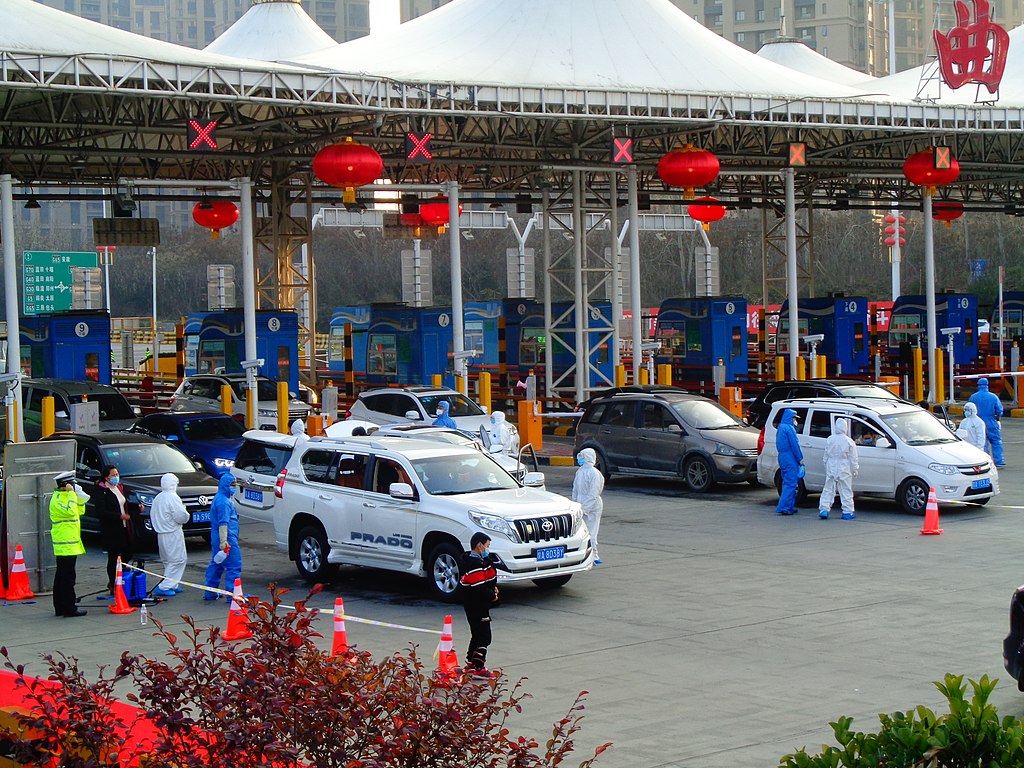
(Source: Liuxingy [CC BY-SA], via Wikimedia Commons.)
Many people around the world may wind up getting the coronavirus sooner or later, just like many people catch colds. But not everyone has to catch it all at once. And there are some very good reasons for wanting to slow down the spread of the virus.
For one thing, if everyone gets sick at the same time, hospitals could fill up. In fact, in that situation, many doctors and nurses might be sick, too.
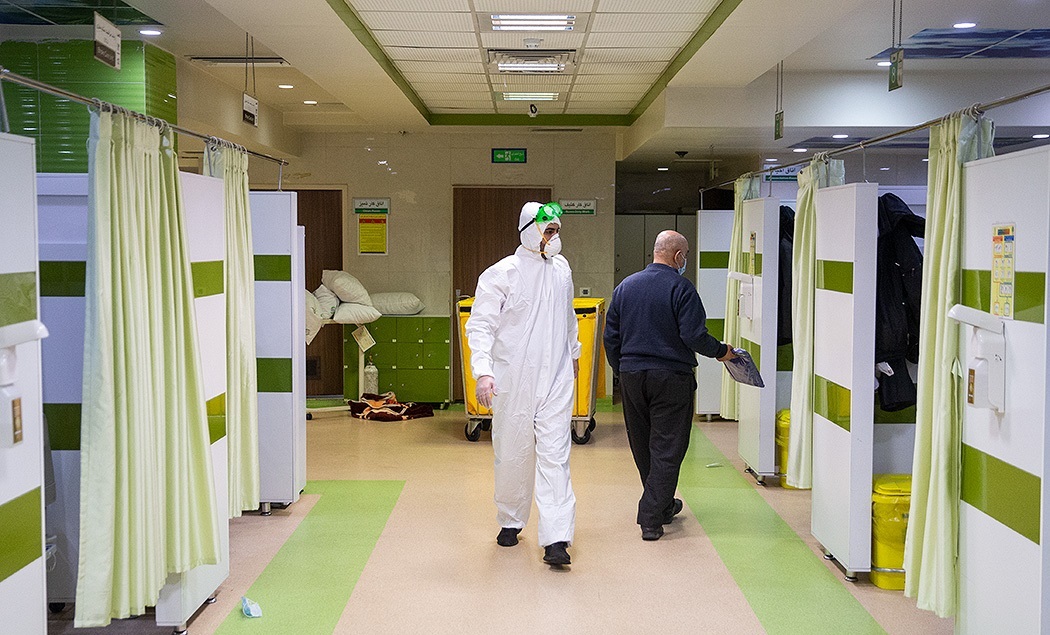
(Source: Fars News Agency [CC BY], via Wikimedia Commons.)
The same is true for medical supplies. Already some places are struggling because there’s a shortage of masks for health care workers. In the US, there are still not enough kits to test all the patients who may have COVID-19.
Slowing down the spread of the disease is sometimes called “flattening the curve”. If everyone gets sick at the same time, the curve looks like a steep mountain. But if the spread of the disease can be slowed, the curve looks like a small hill, and there could be fewer cases overall.
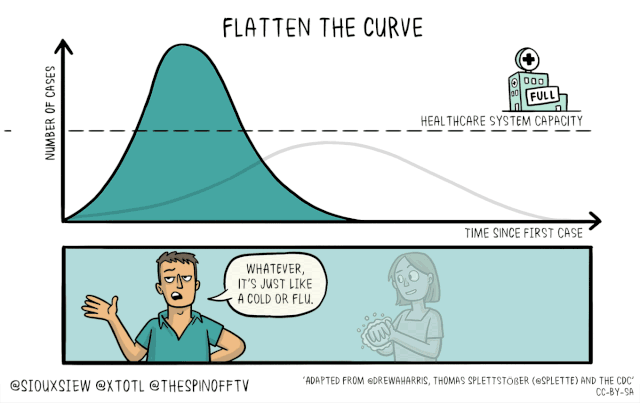
(Source: Siouxsie Wiles and Toby Morris [CC BY-SA], via Wikimedia Commons.)
Flattening the curve could also help make future cases less severe. That’s because if the disease takes longer to spread, scientists will have more time to learn about the virus and figure out ways to treat or prevent the disease.
So even though it may sound scary to hear that governments are limiting travel, canceling big public gatherings, or even closing schools, these are all just ways of trying to slow the disease down and help keep people safe.
Did You Know…?
People can help slow the disease down, too. Many people around the world have started bumping elbows instead of shaking hands. Staying home when you’re sick, coughing into your elbow, and washing your hands well are ways of helping to flatten the curve.
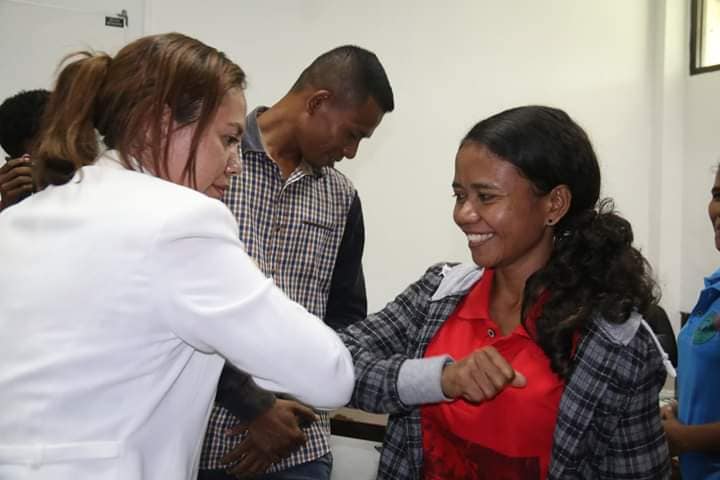
(Source: Ministry for Health, East Timor [Public domain], via Wikimedia Commons.)
NewsForKids.net also has these COVID-19 resources:
• Overview of COVID-19
• Coronavirus Words Explained
• Collection of our articles on COVID-19
• Regular, detailed COVID-19 updates
This article is also available in another language:
• 코로나 확산 속도를 늦추는 것은 왜 중요할까?.
